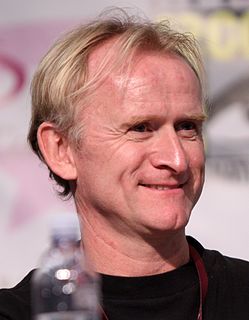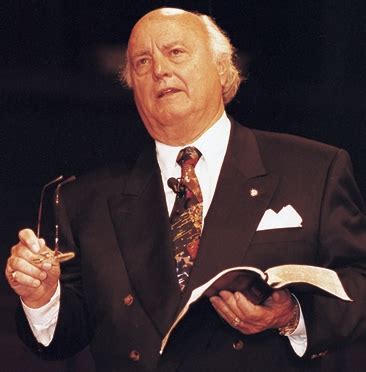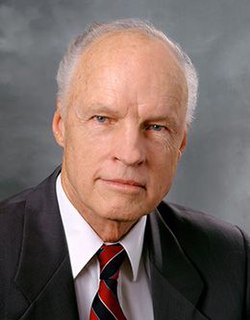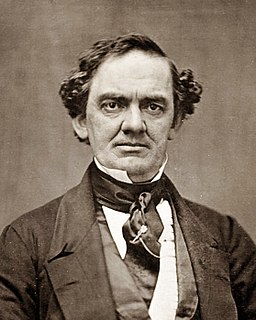A Quote by Dean Haglund
The beauty of any conspiracy theory is that because it can't be proved, that just makes it more 'real.' It's not a question of believing or not believing, really; it's more a question of just accepting a series of probabilities that lead to an undeniable conclusion.
Related Quotes
When we stop believing in gods we can start believing in their stories, I retort. There are of course no such things as miracles, but if there were and so tomorrow we woke up to find no more believers on earth, no more devout Christians, Muslims, Hindus, Jews, why then, sure the beauty of the stories would be a thing we could focus on because they wouldn't be dangerous any more, they would become capable of compelling the only belief that leads to truth, that is, the willing, disbelieving of the reader in a well-told tale.
The main thing that I learned about conspiracy theory, is that conspiracy theorists believe in a conspiracy because that is more comforting. The truth of the world is that it is actually chaotic. The truth is that it is not The Iluminati, or The Jewish Banking Conspiracy, or the Gray Alien Theory. The truth is far more frightening - Nobody is in control. The world is rudderless.
I don't know if God would agree with me, but believing in God is kind of unimportant when compared to believing in yourself. Because if you go with the idea that God gave you a mind and an ability to judge things, then he would want you to believe in yourself and not worry about believing in him. By believing in yourself you will come to the conclusion that will point to something.
I think morality is more important than ever before. As we gain more power, the question of what we do with it becomes more and more crucial, and we are very close to really having divine powers of creation and destruction. The future of the entire ecological system and the future of the whole of life is really now in our hands. And what to do with it is an ethical question and also a scientific question.
If you start parsing the cause-and-effect chain backward through time, eventually you land in cosmology - does the story begin with the Big Bang or the out-of-nothing creation of the world by the word of a Southern Baptist god? And that question is even more fraught than any of the others. The stakes couldn't be any higher, because not it's not just a question of life and death, but also a question of life after death or eternal torture after death.
One of the problems with industrialism is that it's based on the premise of more and more. It has to keep expanding to keep going. More and more television sets. More and more cars. More and more steel, and more and more pollution. We don't question whether we need any more or what we'll do with them. We just have to keep on making more and more if we are to keep going. Sooner or later it's going to collapse. ... Look what we have done already with the principle of more and more when it comes to nuclear weapons.
I think that there is something that happens, a phenomenon that happens around a conspiracy theory, where if you believe in a conspiracy theory, then every critique of that theory is simply more proof that the conspiracy exists. And I think that that's something that goes on in the person of Donald Trump.




































